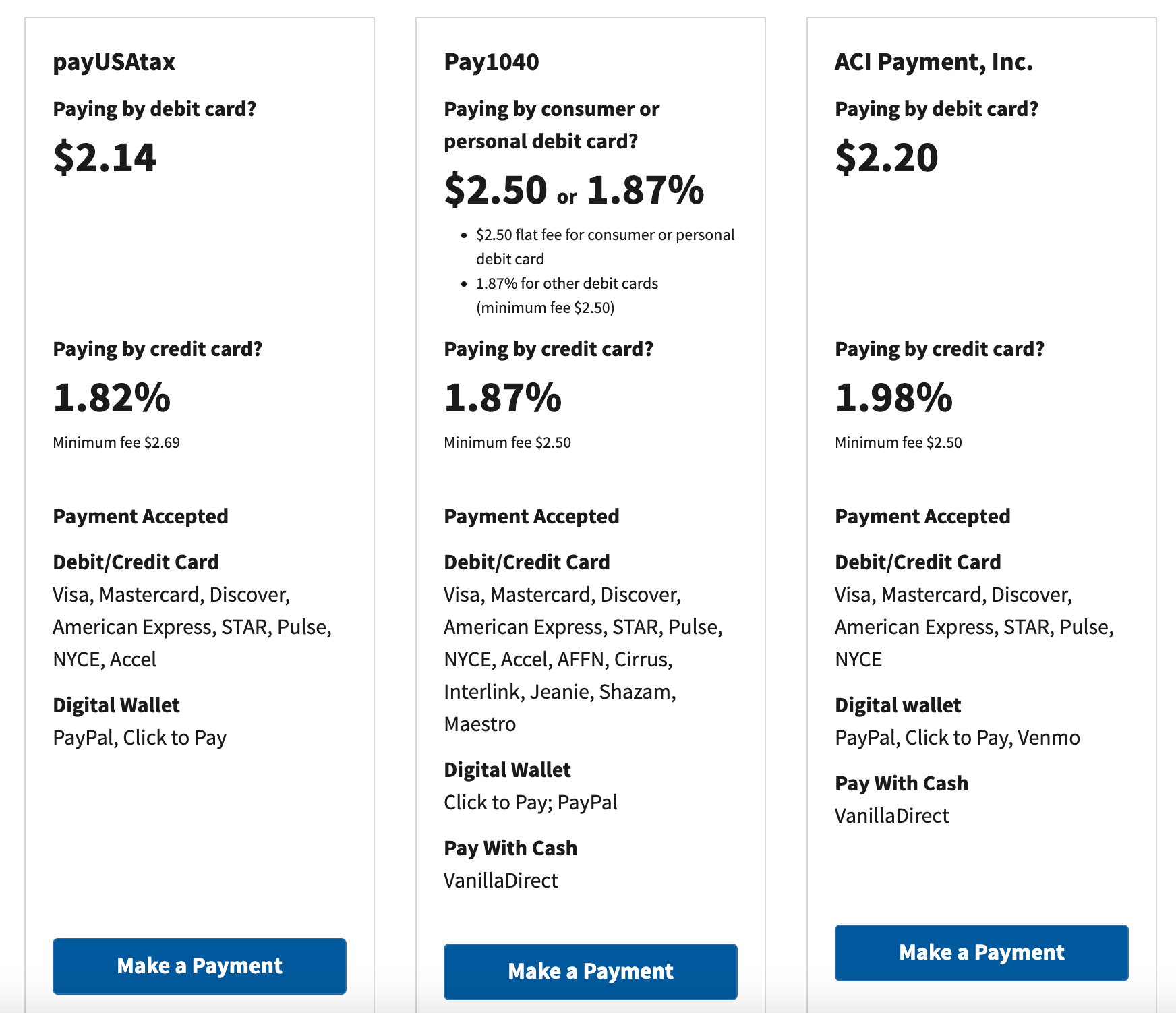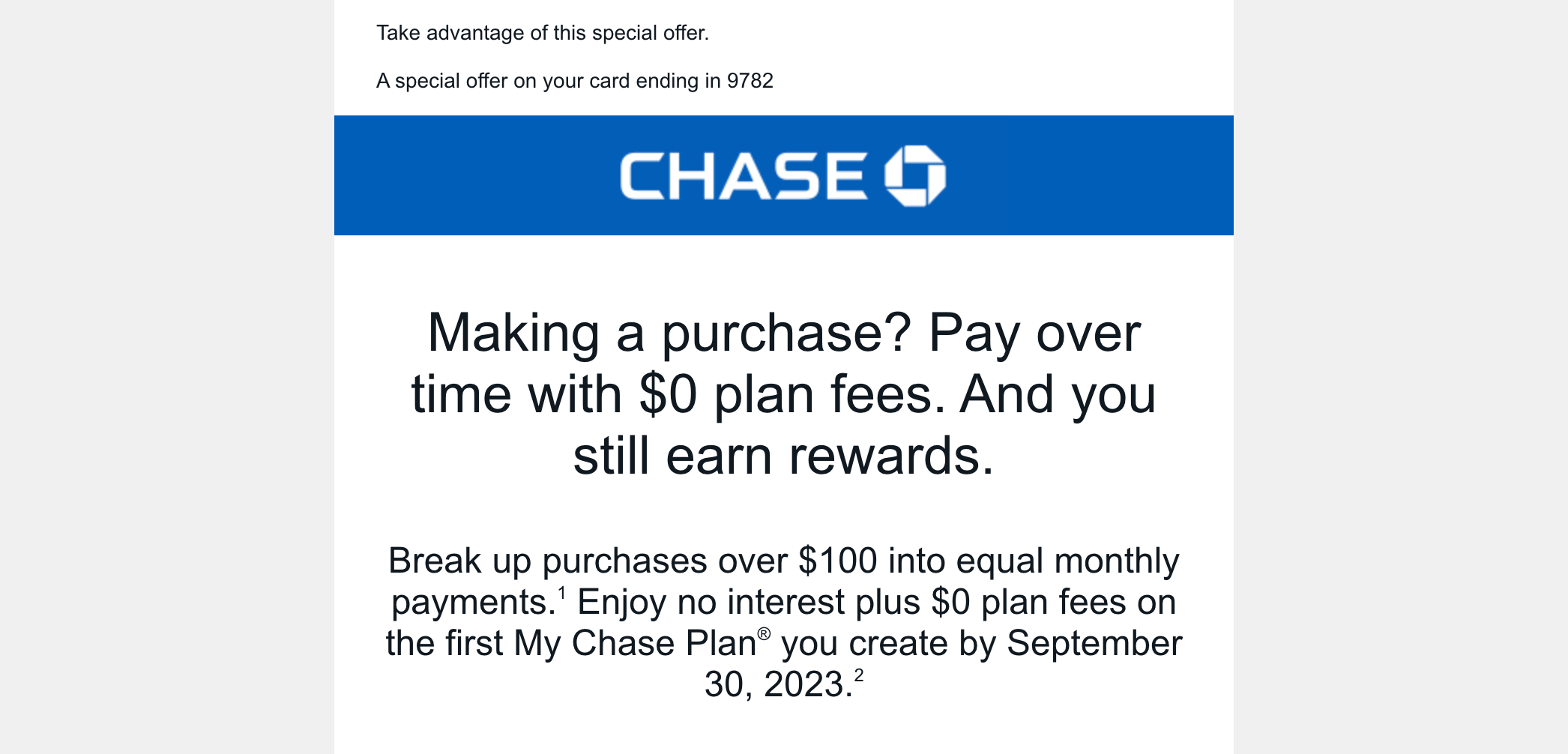Can you pay taxes with a credit card?
With a new tax season looming ahead, you may wonder if you can pay your taxes with a credit card. After all, charging your taxes to a rewards credit card could mean you earn cash back, points or miles toward travel.
Although you will generally get dinged with service charges and other fees for using a credit card to pay your taxes, it may still be worthwhile for a few reasons.
For instance, you might need to hit a minimum-spending threshold to earn the welcome bonus on a new card or to score a spending-based perk like elite-qualifying miles with an airline card or a free night award with a hotel card.
Or maybe you have a card offering a 0% annual percentage rate (APR) on purchases for a certain period, so you have some breathing room to pay off your tab.
There are plenty of reasons you might want to pay your taxes with a credit card, but also several caveats. Here’s what you need to know as you consider your options.
The best credit cards for paying your taxes
The information on the Discover it Miles and PayPal Cashback Mastercard have been collected independently by The Points Guy. The card details on this page have not been reviewed or approved by the issuer.
Comparison of the best credit cards for tax payments
Below, you’ll find the general earning rates for the top credit cards you can pay your taxes with, along with TPG’s valuations of the rewards you can earn.
The potential return is based on current TPG valuations and maximizing the earnings through the method mentioned in the “Caveat” section — though it doesn’t include the value of any welcome offer you could earn. We also assume a 1.82% fee for paying by credit card (more on that below).

Daily Newsletter
Reward your inbox with the TPG Daily newsletter
Join over 700,000 readers for breaking news, in-depth guides and exclusive deals from TPG’s experts
If you can claim your convenience fees as a tax deduction on your business (speak with your tax adviser about this possibility), your gains would be even greater.
Different ways to pay your taxes
If you owe taxes to the IRS, you can choose from several payment methods. Most people opt for one of the following:
- You can make a direct payment from your bank account, and the IRS won’t charge any extra fees for this type of payment
- You can wire the money from a bank account, although this option usually incurs a fee
- You can mail a check or money order to the IRS without any fees aside from postage and possibly the money order (depending on where you get it)
If you need more time to pay your taxes, you can file for an extension with the IRS or set up an installment agreement with a payment plan. You will, however, be expected to pay penalties and interest on that payment plan.
You can also pay your taxes with a debit card. While the fee is minimal, you generally won’t earn valuable travel rewards or cash back unless you have a product like the Amex Rewards Checking debit card, which earns 1 point for every $2 spent on eligible debit card purchases. That spend rate plus other conditions might mean it’s better to use another Amex Membership Rewards-earning card.
The information on the Amex Rewards Checking debit card has been collected independently by The Points Guy. The card details on this page have not been reviewed or approved by the issuer.
Fortunately, the IRS lets you pay your tax bill with a credit card through several third-party payment processors. But be warned: These companies can — and usually do — tack on their own fees to your payments. You can see a list of these companies and their convenience fees on the IRS website.
The cost of paying taxes with a credit card
When you use a credit card to pay your taxes, the fee is calculated as a percentage of the amount paid.
Currently, those fees range from 1.82%-1.98%. So if you owe $10,000 and want to pay via credit card, you’ll be on the hook for an extra $182-$198 in fees, depending on the service you use.
Reasons to pay your taxes with a credit card
Despite those surcharges, there are plenty of reasons why paying your taxes with a credit card can make sense.
First, doing so can help you earn valuable rewards and give you more time to pay off a high tax bill if you have a 0% APR offer on a new card or are targeted for a no-fee, pay-over-time plan. However, if your purchase is subject to normal credit card interest rates, you should strongly consider other options, as paying your purchase off over time could be exceedingly pricey.
Here are some of the times it makes sense to use a credit card for your taxes.
Earning a big credit card sign-up bonus or welcome offer
Many rewards cards extend welcome offers worth hundreds (and sometimes $1,000+) in cash back or tens of thousands of points if you spend a certain amount on your new card within a specific time frame.
The single most significant reason to use a credit card when paying a sizable tax bill is that you can earn a points windfall from your initial spending with a new card. That’s because the value of the points you earn can help offset the cost of fees for using your card for your taxes.
Some travel rewards cards have especially high minimum spending requirements for earning a bonus, so a tax payment might be just the thing to put you over that threshold.
You usually only come out ahead using a card to pay taxes when you’re attempting to qualify for a large welcome offer at the same time as you are earning rewards at everyday rates. And if you can otherwise hit the minimum spending requirement without paying taxes with the card (and incurring those fees), it’s better to cut a check to the IRS.
Before you choose to pay your taxes with a credit card, make sure you can pay your card balance off in full since, if you don’t, you can get hit with interest charges and late fees that quickly wipe out the value of any rewards you might earn. Accruing 20-25% interest on your credit card bill will easily negate a 3-4% return on spending through the points you earn.
Meet a credit card spending threshold
Many credit cards offer benefits that trigger after you reach a particular spending threshold. These might be based on the calendar year or your cardmember anniversary, but, in either case, making large tax payments could help you earn these rewards when that amount of spending might be out of range otherwise. For example:
With perks like this, putting your taxes on the right credit card can help you earn valuable extras like a boost toward elite status, free night awards and more.
Spend toward elite status
Several credit cards allow you to boost your elite status — or earn status outright — through spending on a credit card. Putting a large tax payment on one of these credit cards could help you, such as the following:
Use multiple cards to maximize earnings
If you have a large tax bill, you don’t have to spend the entire amount on one credit card.
The IRS page explaining credit card payments says you can only use debit or credit cards to make up to two payments per tax period (year, quarter, or month, depending on the type of taxes you’re paying), but that means you could use two different cards to make two different payments.
For example, say that you have a $25,000 tax payment due. You could apply for both The Business Platinum Card from American Express and the Ink Business Preferred® Credit Card. By putting $15,000 within three months of approval on the Amex Business Platinum Card, you’d have spent enough to earn the 120,000-point introductory offer.
Plus, since the purchase is more than $5,000, you could earn 1.5 points per dollar (up to $2 million of these purchases per calendar year), which means you’d earn 22,500 points on the purchase itself. Then, you could charge the additional $10,000 balance due (within three months of approval) on the Ink Business Preferred and earn its 100,000-point sign-up bonus and an additional 10,000 points for the spending itself (1 point per dollar on everyday purchases).
In this scenario, you’d end up with more than $5,000 in travel rewards, according to TPG’s valuations.
Buy some extra time to pay your taxes
One of TPG’s 10 commandments for earning credit card rewards is never to pay interest charges. It’s paramount that you never bite off more than you can chew.
When paying your taxes with a credit card, note when the first day of your new statement period begins on the card you want to use. This way, you may have up to 30 days until your statement closes and nearly 60 days until you must pay off your balance in full.
Some credit cards even offer 0% APR for an introductory period on new purchases, which can provide 12-18 months of interest-free payments on your tax bill. You must pay off the entire balance in full before the promotional period ends or risk exorbitant interest charges.
Finally, be sure to check your eligibility for a pay-over-time installment plan, as issuers sometimes provide introductory offers.
For example, TPG senior editorial director Nick Ewen was targeted last year for a no-fee My Chase Plan on his Chase Sapphire Reserve®. For any purchase over $100, he could’ve created his first plan by Sept. 30, 2023, and paid no fees and no interest over the life of the plan (generally between six and 18 months) — all while still earning rewards.
This could be a great way to finance a large tax bill over time without incurring massive interest charges.
Read more: A comparison of the top ‘buy now, pay later’ services — and what to watch out for
The downside of using a credit card to pay your taxes
Despite the benefits listed above, using a credit card to pay your taxes can be a reckless strategy, as the interest rate on most rewards credit cards can severely hurt your finances should you have to pay it.
If you don’t have a no-fee, 0% APR option and cannot pay your statement balance in full after charging your taxes to a credit card, you should reconsider using a credit card to pay your taxes.
Instead, consult your tax professional about your options. The IRS offers payment plans with lower interest rates than most credit cards would extend.
Bottom line
Paying your taxes with a credit card can be a lucrative way to earn points and miles as part of a large welcome offer. Having a 0% APR card may also give you more time to pay off a higher tax balance without the need to worry about high credit card interest rates but make sure you do your own math to ensure the benefits you receive are worth the cost.
The last thing you want is to be stuck paying back your taxes on top of sky-high credit card interest to boot.
For rates and fees of the Blue Business Plus Credit Card from American Express, click here.










